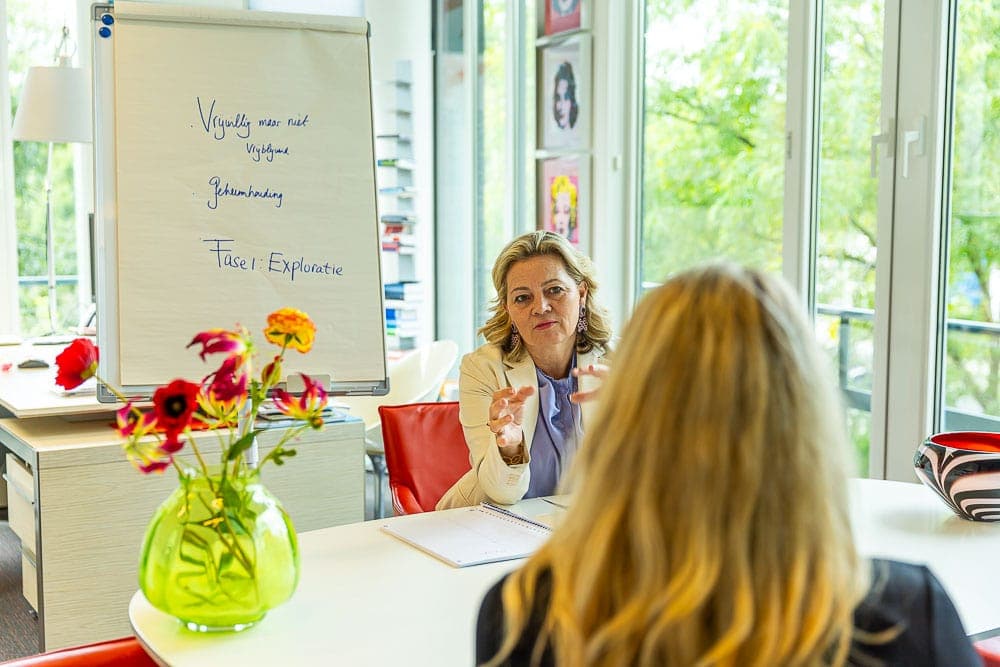There are all kinds of situations in which mediation is a suitable means of resolving a (latent) conflict without court intervention. Examples include problems in the employment relationship, within a team, between the entrepreneur and the works council or a deadlocked collaboration in an MT or Supervisory Board. Through mediation, the parties involved try to find a solution themselves under the guidance of a neutral and impartial mediator.
Whereas a court case often takes a long time, mediation is usually settled in a few weeks. The costs are also lower. Mediation is more likely to result in a win-win situation, rather than a long legal battle with winners and losers. Also, the mutual relationship often remains better intact and solutions are possible outside the strict legal rules. In addition, mediation offers the parties an increased degree of autonomy, rather than depending on a court judgment. Mediation gives the parties more control over the process and the final resolution. Unlike litigation, mediation is informal and confidential; the parties and the mediator sign over strict confidentiality.
With 35 years of experience as an employment lawyer, Arlette Putker-Blees understands the complexity of conflicts in different contexts. Arlette has a practical approach, is empathetic and has a good listening ear to uncover the underlying issues. Experience shows that a story is so much more than what happened. What is behind the conflict? Arlette helps ensure that parties open up to dialogue and gain confidence in a solution. Seeking dialogue is listening to each other rather than talking at each other, and that is where the mediator's job lies. At the right times, Arlette can be more directive. She is incisive with a good eye for how to achieve a lasting solution. A lasting solution often involves a negotiation process. As a mediator, Arlette knows that a key to success is the ability to get things seen from someone else's point of view as well as one's own.
Arlette is a registered mediator with the Mediatorsfederatie Nederland (MfN). MfN registration means that mediators meet the quality requirements of the MfN and that mediators keep their specialist knowledge up to date on an annual basis. MfN mediators perform the work in accordance with the Mediation Regulations for the MfN registered mediator. The basic principles of mediation, such as voluntariness and confidentiality, are laid down therein. The Rules of Conduct for MfN registered mediators lay down the fundamental principles to which the mediator is bound, such as independence and impartiality.

